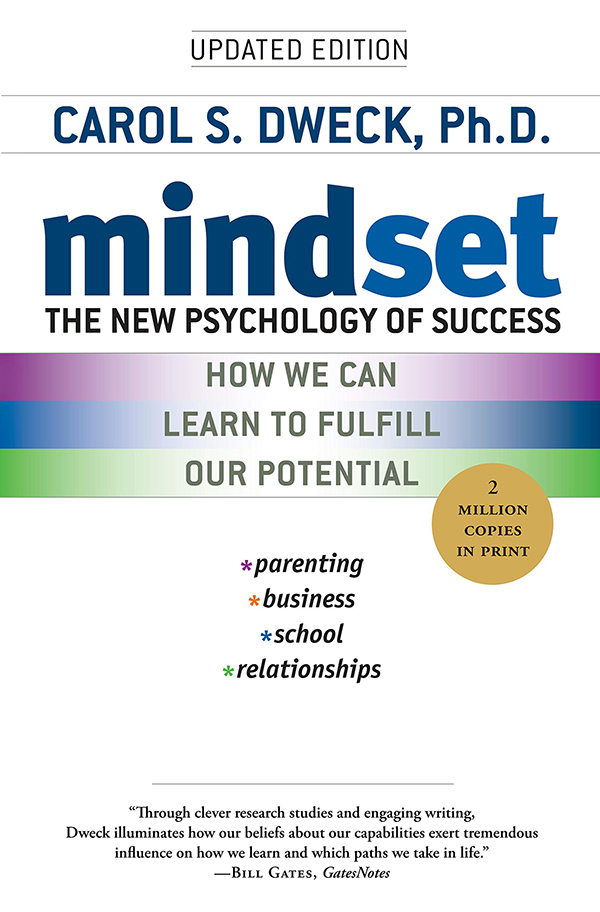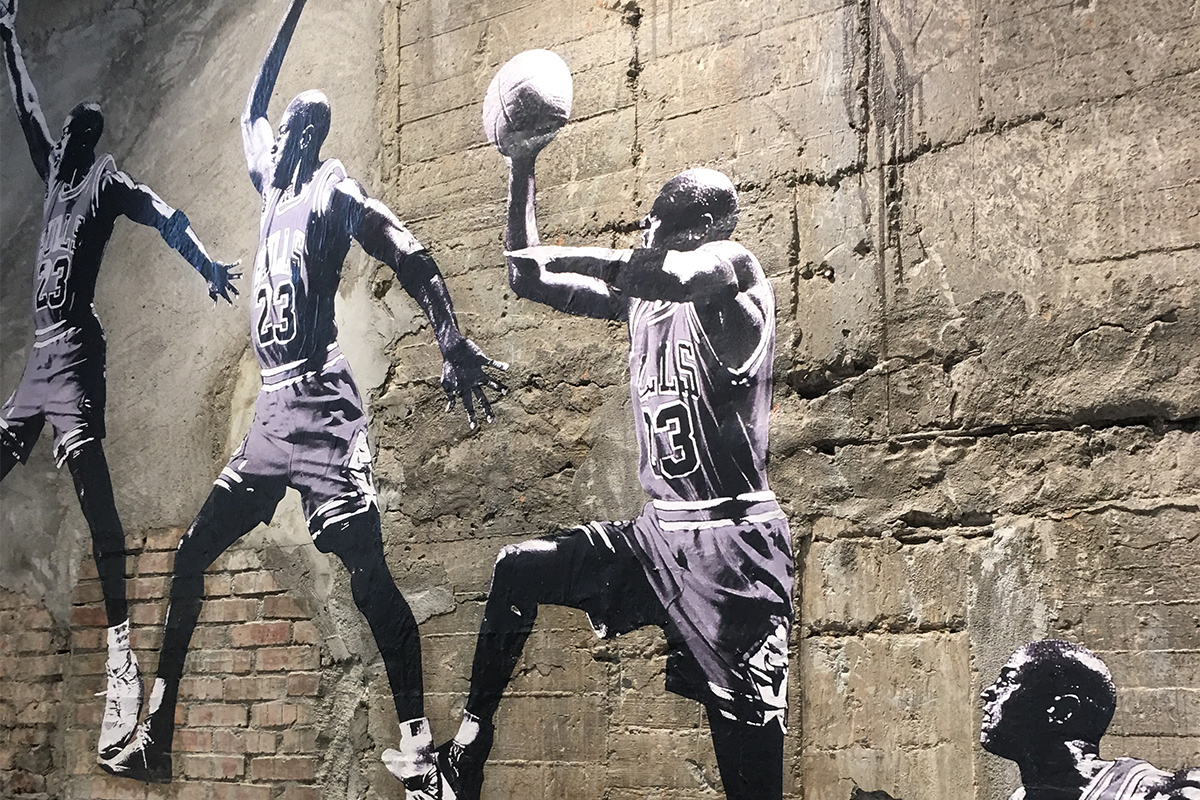Book Review | Mindset by Carol S. Dweck, PhD: Becoming is Better Than Being

BOOK REVIEW | We have all read and heard about burnout and resilience in medicine these days. However, we do not discuss what leads to burnout within ourselves.
We pride ourselves in our abilities, strengths and achievements – but we do not often communicate with our colleagues about failure and our response to it.
When I read Mindset, by Carol S. Dweck, PhD, I certainly recognized aspects of myself. It is a book that I could and probably should read over and over again.
She explains her research and theory into one's mindset and how it affects our children, us as women, our leadership ability and ultimately success.
She breaks our individual views into two basic mindsets – fixed and growth. Fixed mindsets, of which we all possess in varying degrees, believe our abilities and intelligence are carved in stone.
Our failures define us.
Our inability to change makes us need to prove our worth over and over again. She uses the analogy of Groundhog Day – we keep having the same experiences over and over. The fixed mindset makes us fear being judged, which leads to burnout and depression. It makes our confidence fragile.
On the contrary, a growth mindset believes our intelligence and ability can be nurtured and change. Our biggest concern is improvement, acceptance of challenge and no fear of failing.

She states women in particular put too much trust in other people's opinion of themselves. I know I'm guilty of this. In particular, she notes how stereotypes affect us differently depending on our mindset.
For those in challenging environments in which male and female stereotypes persist, those labels can diminish a woman with a fixed mindset – she loses her self-confidence and comfort. However, a woman with a growth mindset can see prejudice for what it is and confront inequity with confidence.
Which one are you?
Regardless, she urges us that we can change!
As a mother of young children, I was surprised to read how Dweck states these mindsets develop first in childhood. Haven't you witnessed a child shy away from an experience because he or she thought they wouldn't be good at it? When a child is praised as smart, I never recognized the danger in such a label.
But as Dweck illustrates, for a moment of praise, you can create a pattern of fixed mindset afraid of judgement and failure. Instead, praising kids for their efforts and informing them they will not be judged but praised for trying something difficult, lessens the fear of failure and allows kids to embrace challenge as a means to growth.
Let's be honest – many of us physicians were once kids heaped with praise for our intelligence and achievements. Our mindsets stem from our childhood experiences and we in turn influence the next generation.
In terms of leadership, Dweck describes what she calls "CEO disease." We all know leaders who have suffered from this diagnosis. Those who suffer from it choose to surround themselves with likeminded people, a world where they have no shortcomings. She argues that if you want to be surrounded by worshippers, "go to church."
She adds, "In the rest of your life, seek constructive criticism."
Fixed mindset leaders fulfill their need for validation, surrounded only by good news rather than the truth. A leader's mindset often then defines the success of their organization. Those with fixed mindsets believe in the fixed about of their team. Some people are talented and superior while others are not. These leaders are "Enron leaders."
It creates groupthink where everyone thinks alike and no one disagrees, which leads to bad decisions and outcomes. Organizations also have a mindset – an important characteristic to consider in your workplace.
Are you in an environment that allows you to develop? If you are a leader, do you lead others to change or do you demean others to affirm your own status?
Mindsets of leaders and organizations can change to promote growth for both their institutions and those that work there.

To say success is first to fail seems odd. Dweck uses sports as a prime example. The next time you get a rejection for a paper or a job, remember that Michael Jordan was cut from his high school basketball varsity team. What defined his success was his insistence on working on his weaknesses.
The Bulls assistant coach called him "a genius who constantly wants to upgrade his genius." However, some athletes suffer from a fixed mindset and lose their temper, like John McEnroe, which ultimately leads to disappointment. In fact, Dweck states that we are terrible at predicting who will be successful.
Charles Darwin, Elvis Presley and Jackson Pollock are a few examples she names of people viewed at first to have little potential. With effort and coaching, their abilities changed. Failure for those with a growth mindset is "informative."
With a fixed mindset, failure labels you. With a growth mindset, failure motivates you. As Dweck states, "Failure doesn't define you. It's a problem to be faced, dealt with and learned from."
In summary, I hope you read this book that still teaches me a lot about myself and how I view my own experiences. It has changed the way I act towards my kids; helps me understand how I respond as a woman in a male-dominated field such as cardiology; illustrates what makes a good leader and organization; and has taught me about my own failures.
Viewing the concept of burnout and resilience from the inside out helps me combat it. As Dweck states, "The view you adopt for yourself profoundly affects the way you lead your life. It can determine whether you become the person you want to be..."
